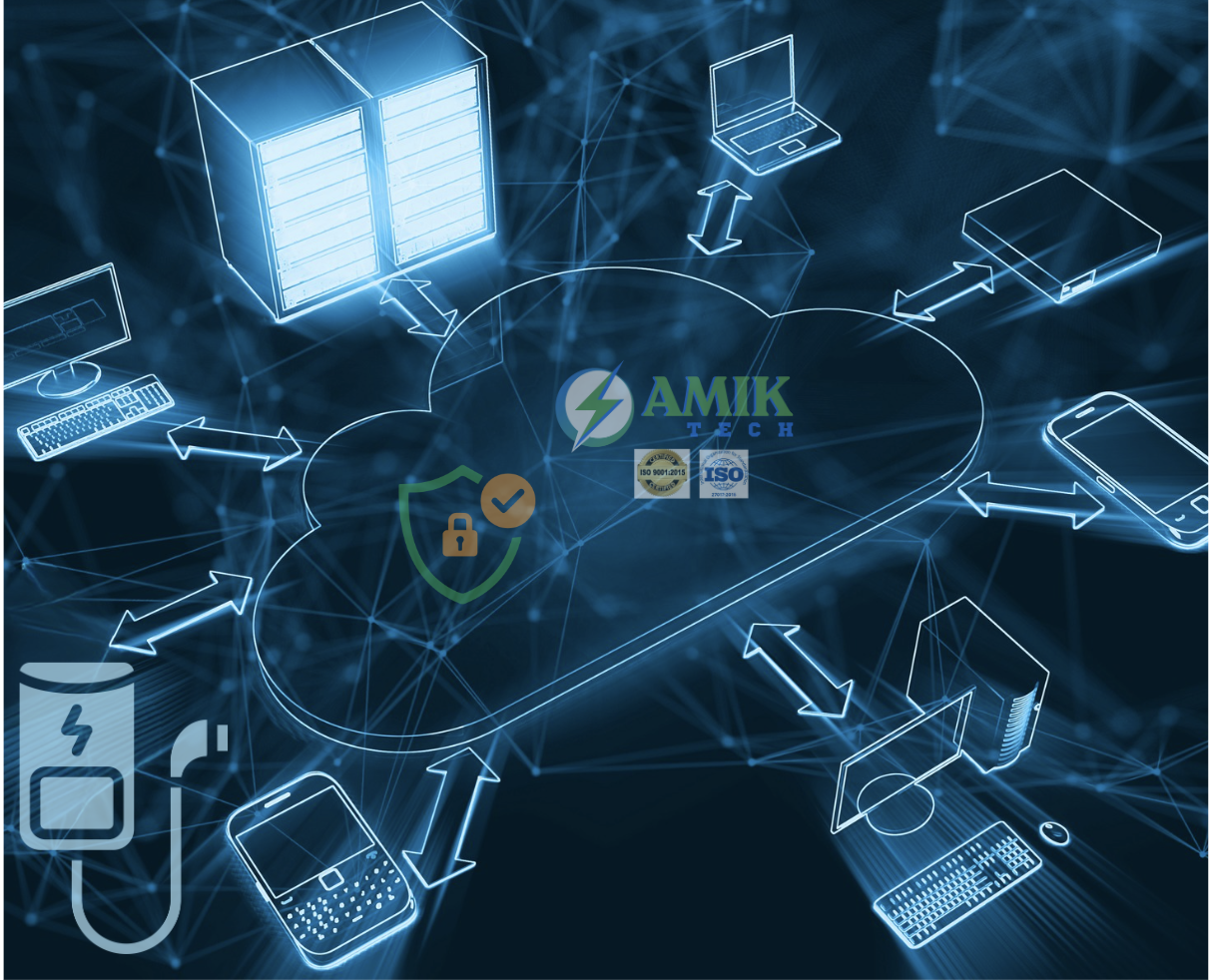Why Charging Station Security is Essential and Often Overlooked?

As the adoption of electric vehicles (EVs) accelerates globally, the demand for reliable and accessible EV charging stations is rapidly increasing. While infrastructure expansion has become the focus of most businesses and governments, one critical aspect is often overlooked—charging station security. In a world where data breaches, cyber-attacks, and system vulnerabilities are prevalent, securing EV charging stations should be a priority, but it remains one of the most neglected areas of the EV ecosystem.
The Growing Risk of Charging Station Security Breaches
EV charging stations are much more than simple plug-and-charge devices. These stations are often connected to the internet and interact with multiple systems, such as payment gateways, user applications, and the vehicle itself. This connectivity makes them potential targets for hackers and cybercriminals. Here are some of the risks associated with unsecured charging stations:
• Data theft: Charging stations collect sensitive user information, including payment details and personal data, which, if left unprotected, can be exploited by hackers.
• System manipulation: Unsecured systems may be susceptible to attacks that disrupt services, rendering charging stations inoperable and causing inconvenience to users.
• Grid vulnerability: With an increasing number of charging stations connected to the electrical grid, any breach in their security could impact the stability of the entire network, potentially causing widespread outages or energy theft.
• Vehicle hacking: Charging stations interact with the vehicle’s system, which can lead to hackers accessing the car’s internal software, posing a threat to both the vehicle’s functionality and the driver’s safety.
Why Security is Often Ignored
The race to expand EV charging infrastructure has led many manufacturers and providers to focus on quantity over quality. Here are some reasons why charging station security is often ignored:
1. Rapid Deployment: With growing demand, companies are prioritizing rapid deployment of charging stations to meet consumer needs. Unfortunately, this rush can result in security considerations being an afterthought.
2. Cost Concerns: Securing charging stations comes with an additional cost. Many providers opt for cheaper, less secure solutions to cut costs, unaware of the long-term consequences of cyber vulnerabilities.
3. Lack of Awareness: While the risks are significant, there is a lack of awareness and understanding among both consumers and providers regarding the security challenges specific to EV charging stations. Many do not recognize that these stations are susceptible to the same types of cyber-attacks that plague other internet-connected devices.
4. Limited Regulations: Current regulations on EV charging infrastructure focus more on standardizing hardware and ensuring reliability than on enforcing robust cybersecurity measures. This lack of comprehensive regulatory requirements means that many providers do not prioritize security.
How AMIK Technologies is Prioritizing Security
At AMIK Technologies, we understand the growing security concerns surrounding EV charging stations, and we are proactively addressing these challenges by prioritizing security across our entire charging ecosystem. Here’s how we are leading the charge:
1. ISO/IEC 27017:2015 Certification
AMIK Technologies is proud to be ISO/IEC 27017:2015 certified, ensuring that our cloud-based systems follow best practices for information security and cloud service protection. This certification highlights our commitment to safeguarding sensitive data and securing our charging platforms from cyber threats.
2. End-to-End Encryption
All data transmitted through AMIK charging stations, mobile apps, and cloud-based systems is encrypted to ensure that personal information, payment details, and vehicle data are protected from unauthorized access or tampering. End-to-end encryption ensures that data is secure both in transit and at rest.
3. Multi-Layered Security Framework
We have implemented a multi-layered security framework for our charging stations, combining physical security features with advanced cybersecurity protocols. This includes secure user authentication, real-time threat monitoring, and regular software updates to mitigate vulnerabilities.
4. Secure Payment Systems
Our charging management system integrates secure payment gateways that comply with the highest security standards, including PCI DSS (Payment Card Industry Data Security Standard). This ensures that user payment information remains safe from fraud and breaches during charging transactions.
5. Regular Security Audits
At AMIK Technologies, we conduct regular security audits to identify potential vulnerabilities and take proactive measures to address them. Our teams stay up to date with the latest cybersecurity threats, ensuring that our charging stations remain secure in a constantly evolving threat landscape.
6. Vehicle-to-Grid Security
AMIK Technologies also focuses on securing the interaction between the vehicle and the grid, ensuring that communication between EVs and charging stations is protected. This prevents unauthorized access to the vehicle’s internal systems and ensures that charging remains a safe and reliable process.
The Path Forward
As the EV market grows, the need for secure charging infrastructure will only become more pressing. Charging station security is not just about protecting data; it’s about ensuring the long-term success and trust in the electric vehicle ecosystem. Providers must prioritize security as a core element of their offerings, not as an afterthought.
At AMIK Technologies, we are committed to providing secure, reliable, and sustainable EV charging solutions. By staying ahead of potential threats and continuously enhancing our security measures, we are ensuring that the future of electric mobility remains safe and efficient for everyone.
